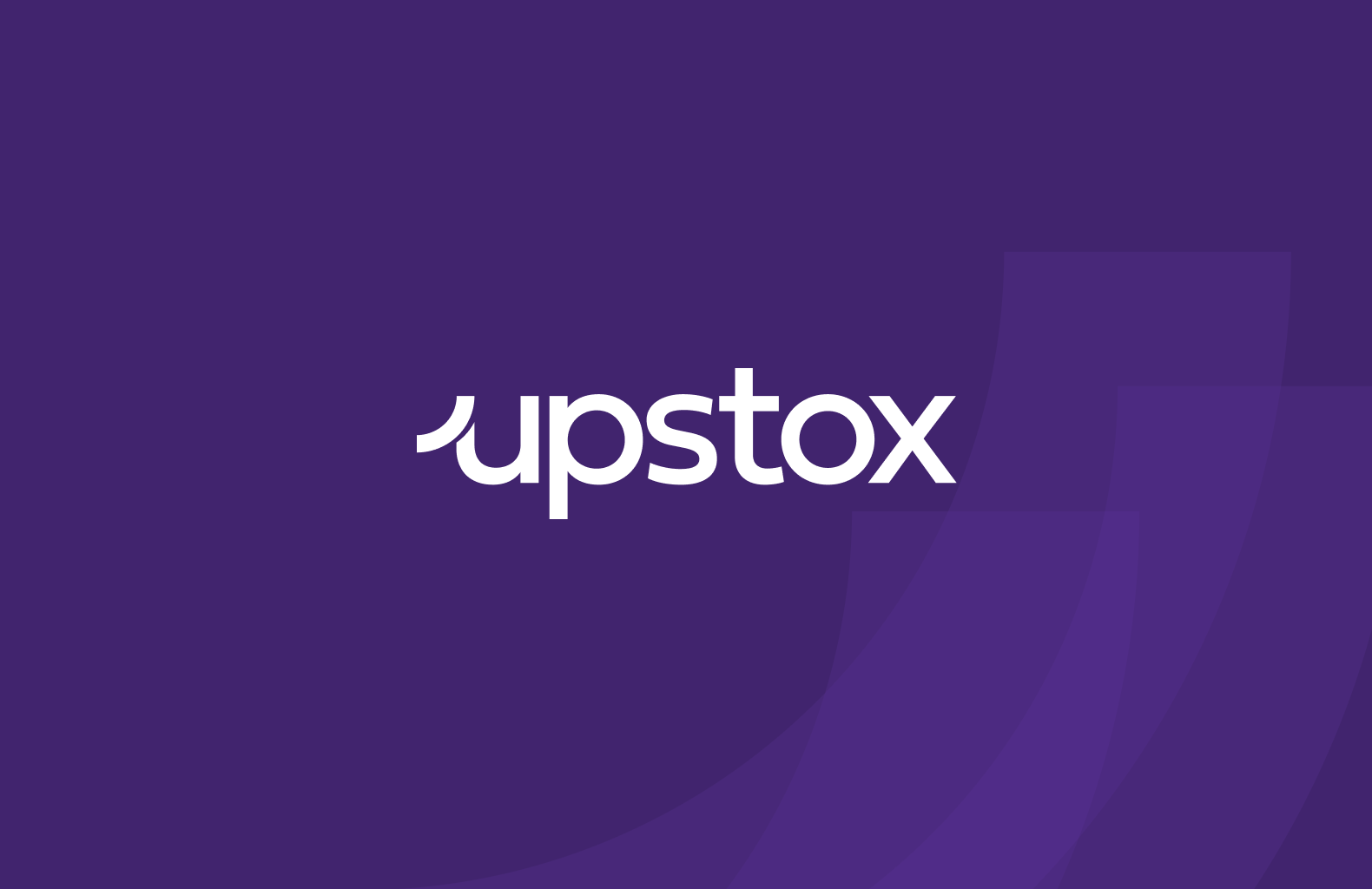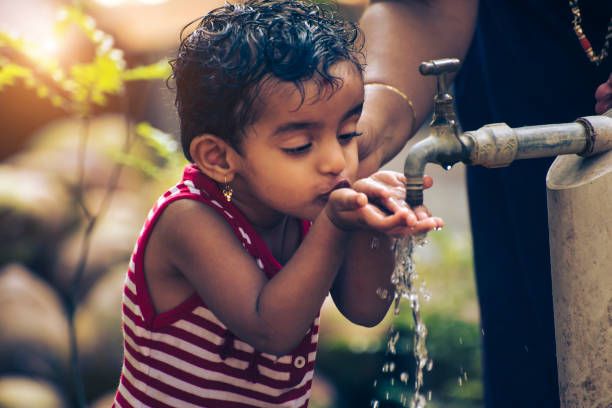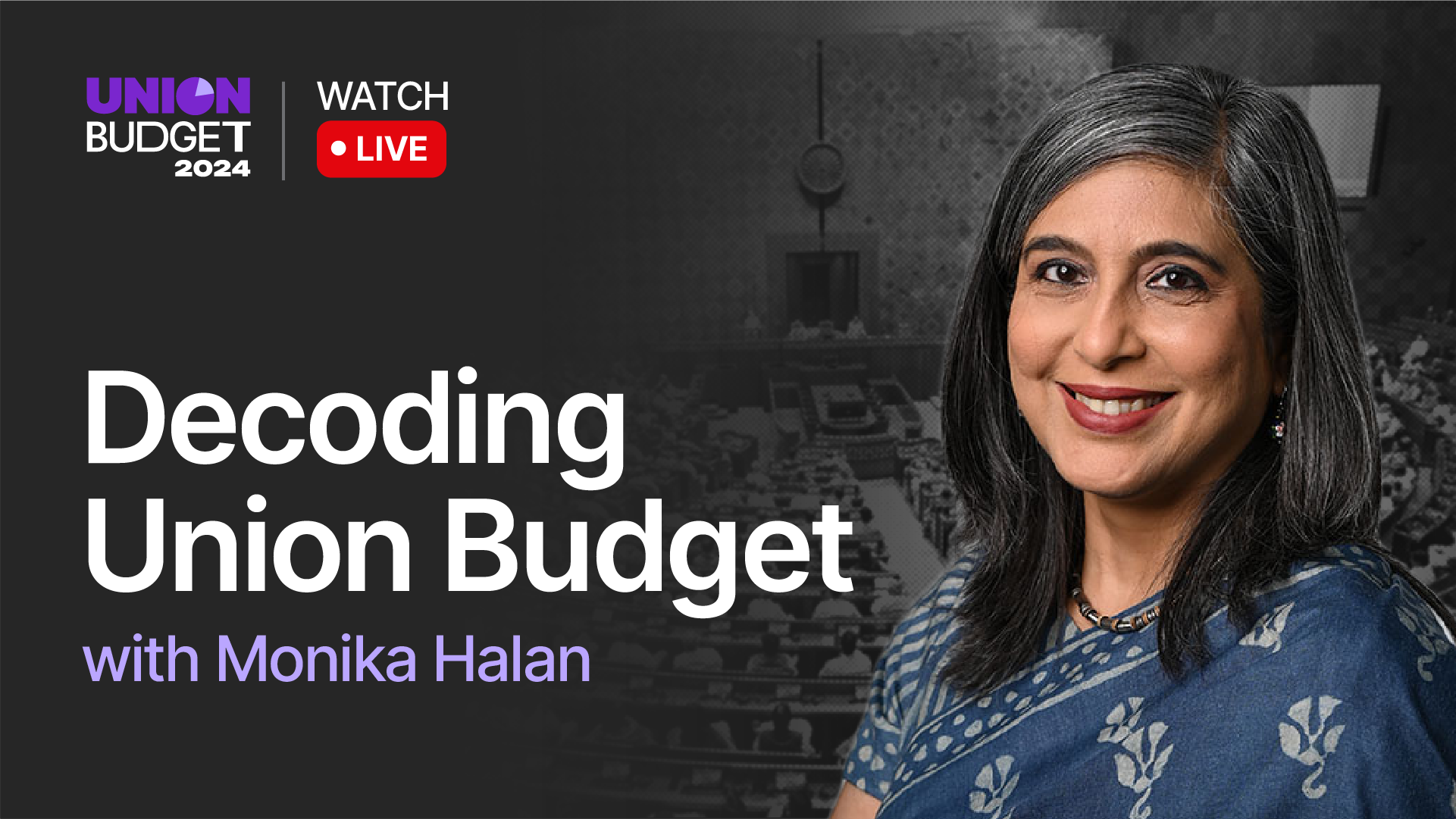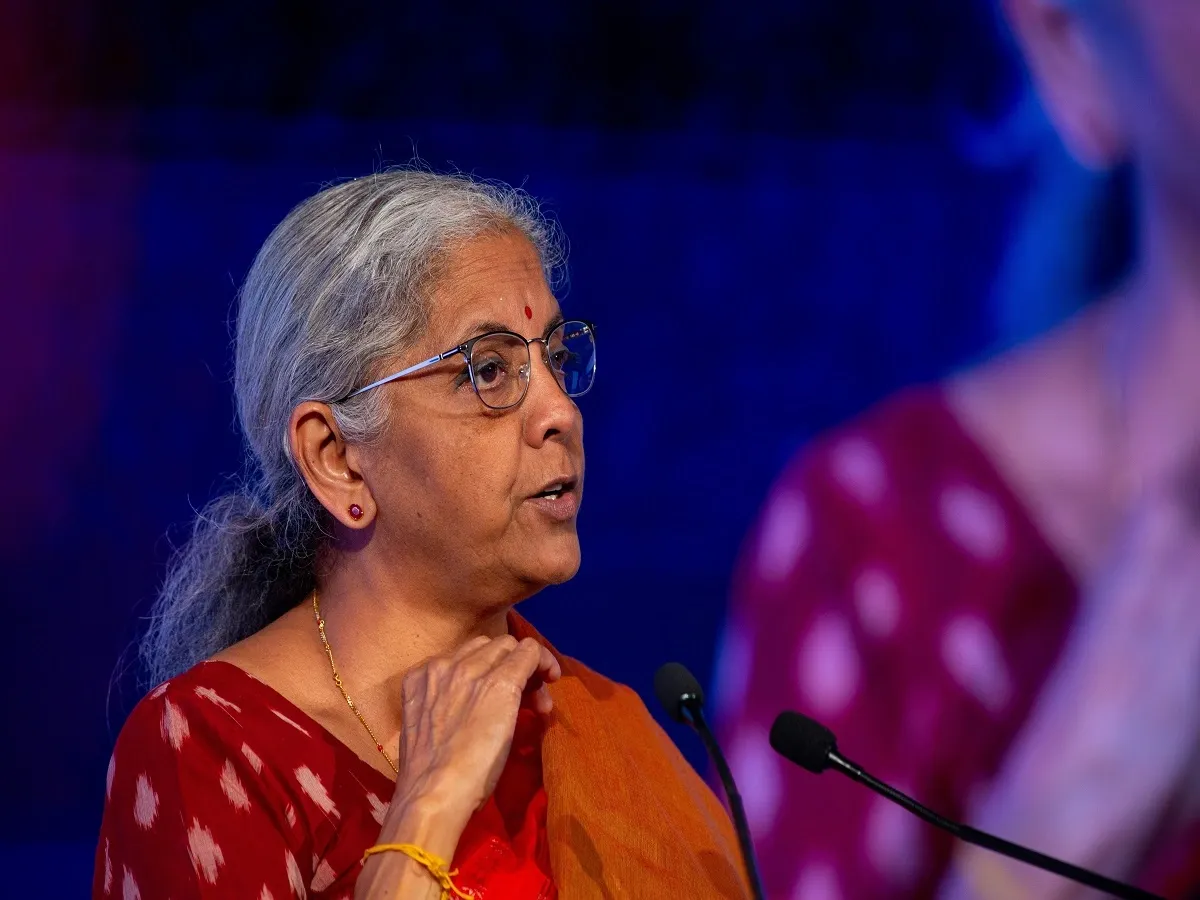Business News
Interim Budget 2024: Finance Minister announces allocations of ₹70,163 crore to Jal Jeevan Mission

3 min read | Updated on February 01, 2024, 15:49 IST
SUMMARY
Finance Minister Nirmala Sitharaman allocated ₹70,163 crore to the Jal Jeevan Mission, a slight increase from the previous year's allocation of ₹70,000 crore. The mission aims to provide safe drinking water to rural households through tap connections by 2024. A recent survey showed progress, with 80% of households in certain states having tap connections, but challenges remain in other regions. Experts anticipate that the increased allocation will further the mission's objectives, although the full-year budget post-elections will provide a clearer picture of future plans for the scheme.

The budget allocated ₹70,163 crore to the Jal Jeevan Mission.
Key Takeaways:
- The Interim Budget 2024 has outlined an allocation of ₹70,163 crore to the Jal Jeevan Mission, as opposed to the ₹70,000 crore allocated last year.
- Experts hope that the allocations will aid the scheme in fulfilling its mission of equipping every rural household with tap connections by 2024.
February 1st is a day when the entire nation is at a standstill, watching the Finance Minister announce the Union Budget for the fiscal year. This year was no different, and the Finance Minister Nirmala Sitharaman laid down the Union Budget for the financial year 2024-2025. The budget included an allocation of ₹70,163 crore to the Jal Jeevan Mission, as opposed to the ₹70,000 crore that was allocated last year. The announcement also revealed the Revised Estimates regarding the scheme, showing that the entire allocated amount was spent.
Jal Jeevan Mission: An overview
Housing, nutrition, sanitation and a clean water supply are essentials every individual should have access to. The government has initiated various schemes to ensure that such building blocks of a quality standard of living reach citizens in every corner of the country. Jal Jeevan Mission is one such scheme to make safe and adequate drinking water available to individuals residing in rural and remote areas of India.
The scheme’s overarching goal is to ensure clean drinking water reaches every rural household via tap connections by 2024. The scheme also focuses on plans for source sustainability, with measures in place for recharge and reuse via greywater management, conservation techniques, and rainwater harvesting. With a community-driven approach, the scheme prioritises education and communication as components of the mission.
Here’s what the FY25 allocation towards Jal Jeevan Mission signifies
In October 2022, a Ministry-commissioned survey of rural households revealed that 80% of households had fully functional tap connections in states like Tamil Nadu, Goa, Himachal Pradesh, and Puducherry. It also reported that other states like Kerala, Rajasthan, Tripura, Maharashtra, Manipur, and Madhya Pradesh, and so, had less than half the households with tap water connections. The survey also reported that around three-fourths of households received water all week and around 8% received water only once a week. While households were receiving tap water for around three hours a day, 80% reported that their daily water needs were being met by the connections.
The survey reports indicate that while the scheme is viable and showing tangible results, there is still a fair bit of work left. While it is safe to say that the ₹70,000 crore used by the government last year have been put to good use, experts hope that the current allocations of ₹70,163 crore will take the scheme closer to fulfilling its goal of installing tap connections in every rural household by the end of 2024.
Conclusion
However, experts are also aware that the Finance Minister has only announced the interim budget on February 1. Hence, all eyes are on the full-year budget to be announced post-elections for a consolidated idea of what lies in store for the Jal Jeevan Scheme.
About The Author
Next Story

